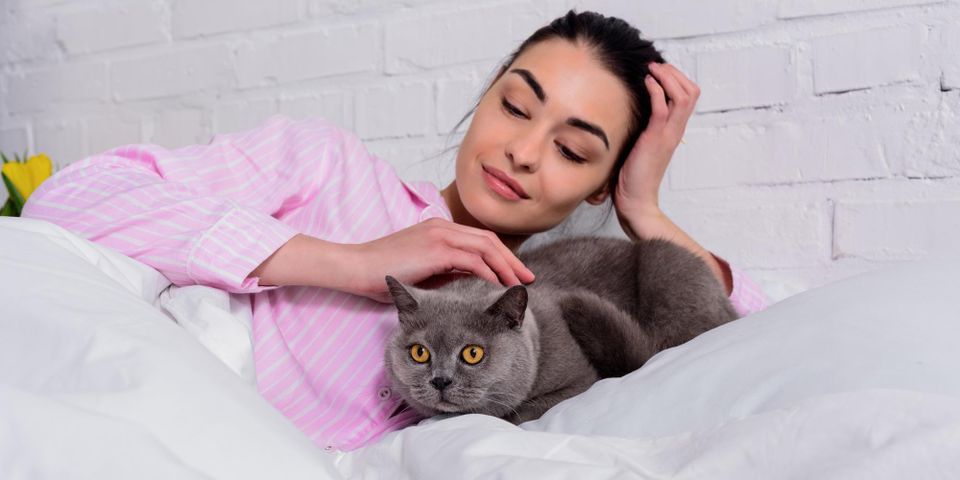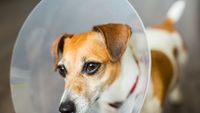4 Tips to Care for Your Pet After a Major Operation

Just like humans, animals sometimes require surgery to treat various health conditions. No matter what kind of operation your furry family member undergoes, it’s important to take proper care of them to ensure a speedy recovery. Below are a few tips to help you ensure your furry friend recovers from pet surgery.
How to Help Your Pet Heal from Pet Surgery
1. Encourage Your Pet to Eat
After pet surgery, your cat or dog might feel nauseous and not want to eat a lot. However, adequate nutrition is key to a successful recovery from surgery. If your pet doesn’t want to eat their kibble, try cooking some chicken and rice. This meal provides a good amount of protein and carbohydrates and will be easy on your pet’s stomach. Keep in mind that this homemade meal is only for short-term use. Veterinarians don’t recommend feeding your pet this meal frequently, unless they are recovering from a surgical procedure, diarrhea, or vomiting.
2. Limit Your Pet’s Activities
 It’s important to keep your pet off their feet for at least a few days after an operation. Too much movement can increase the risk of injuries and slow down recovery. When your furry family member has to go to the bathroom, keep them on a leash to prevent them from walking around too much. When you’re not at home, keep your pet crated to prevent wandering.
It’s important to keep your pet off their feet for at least a few days after an operation. Too much movement can increase the risk of injuries and slow down recovery. When your furry family member has to go to the bathroom, keep them on a leash to prevent them from walking around too much. When you’re not at home, keep your pet crated to prevent wandering.
3. Keep the Incision Dry
Prevent your furry family member’s incision from getting wet for at least 48 hours after pet surgery to avoid infection. That means no baths. If you have to take your pet outside while it’s raining, cover the incision site with plastic.
4. Prevent Licking
Your pet’s incision might itch after an operation, so they may try to lick it. Unfortunately, licking can cause the stitches to come out. If your pet has an incision they can reach, have them wear an e-collar. Although they might not like the collar, make sure they wear it at all times—especially at night when you can’t supervise them—to prevent them from disturbing the surgical site.
If your pet needs an operation, turn to the veterinarians at Pet Health Clinic at Daleville, VA. The professionals at this animal hospital will treat your pet like their own and use state-of-the-art technology for all their treatments. They provide a wide range of services, including pet surgery, flea control, and vaccinations, and teach their clients how to properly care for their pets at home. For more information about their services, visit their website or call (540) 992-4550 to schedule a checkup appointment.
About the Business
Have a question? Ask the experts!
Send your question

